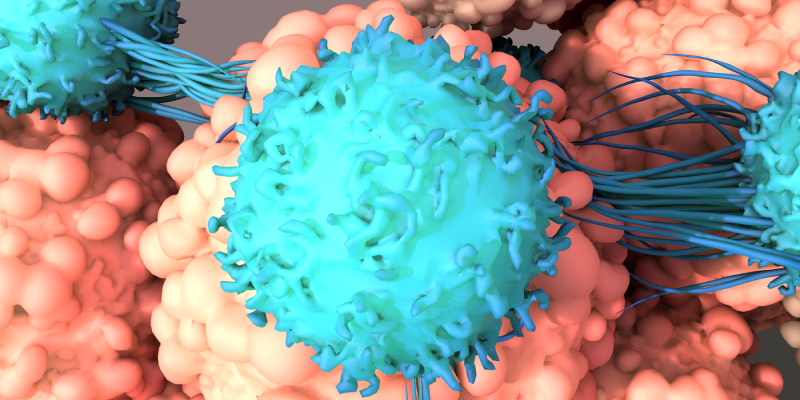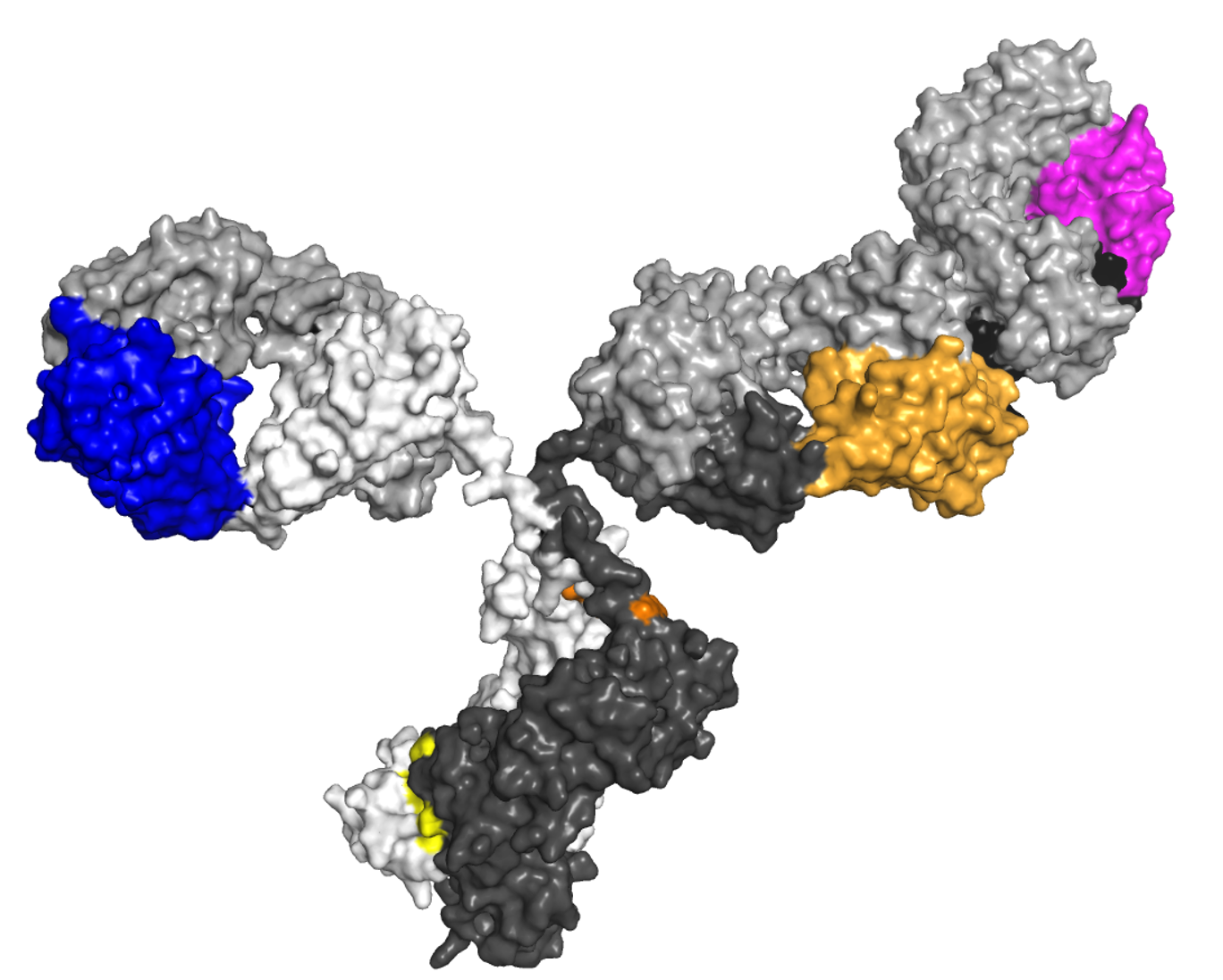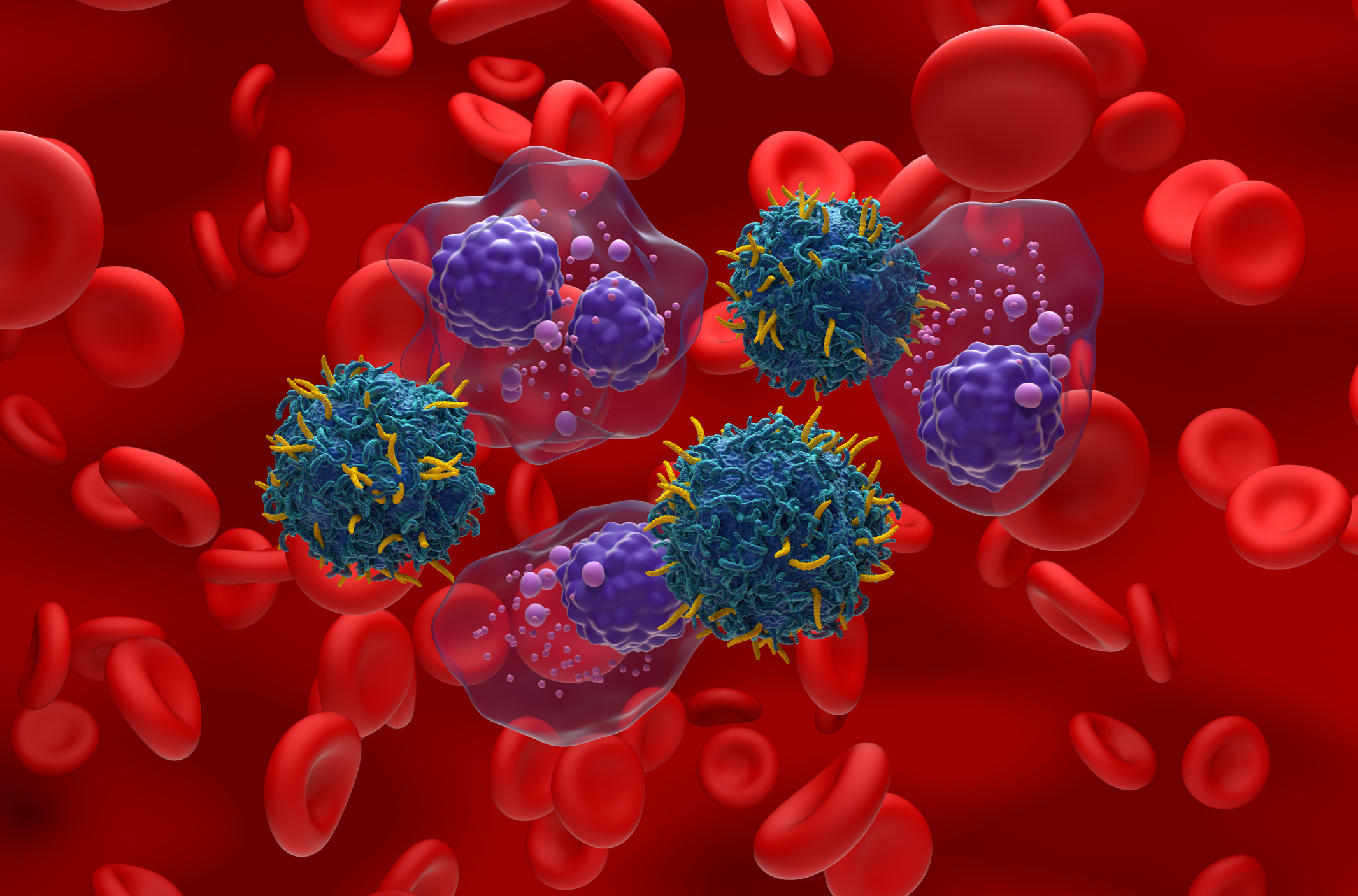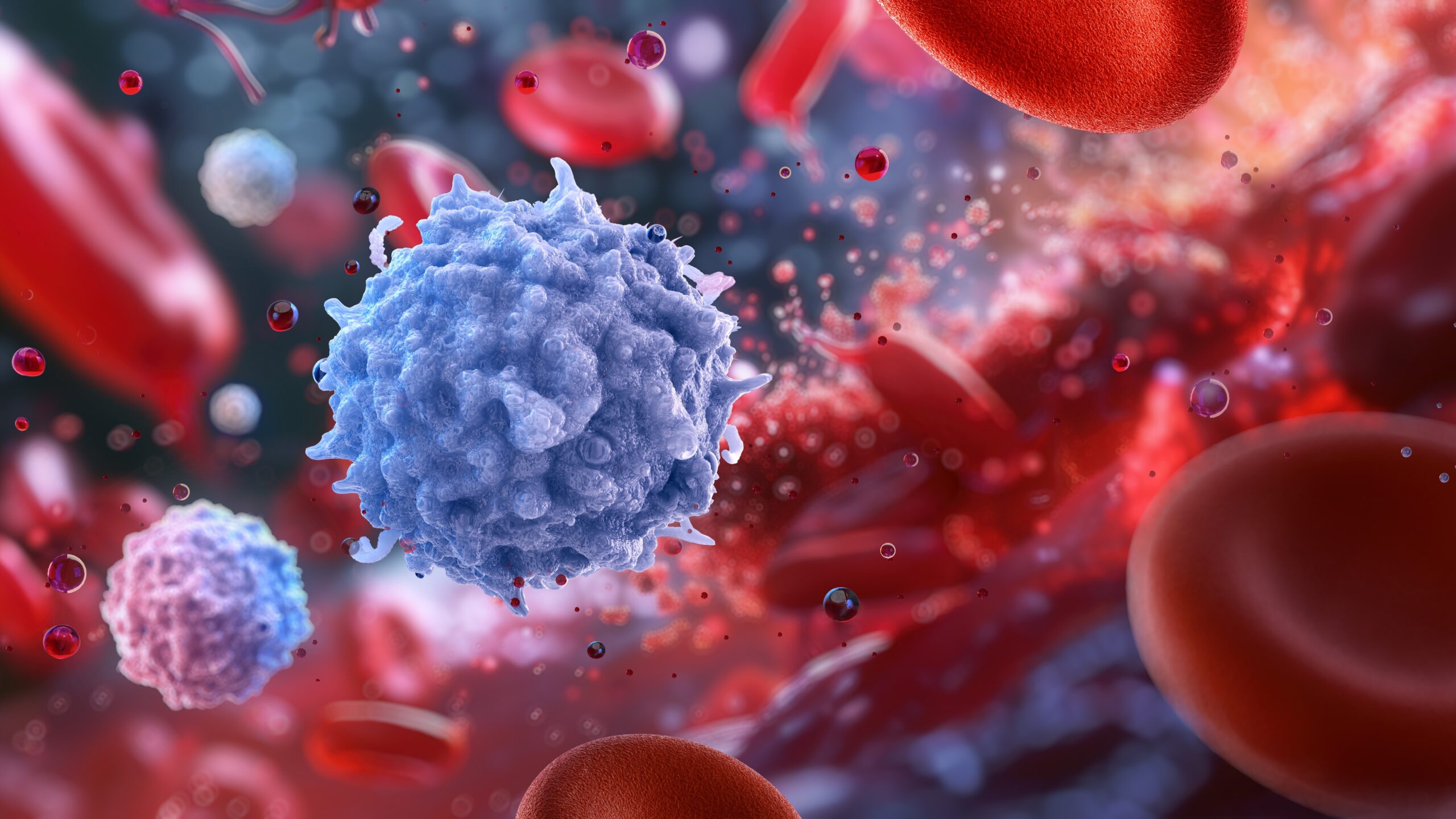
Bispecific chimeric antigen receptor (CAR) T-cells targeting CS1 and B-cell maturation agent (BCMA) led to a one-year overall survival (OS) rate of 83.9% in patients with heavily pretreated multiple myeloma (MM).
Chenggong Li, of the Huazhong University of Science and Technology in Wuhan, China, and colleagues conducted the research and presented the results at the 2022 American Society of Hematology Annual Meeting.
They conducted the phase I study because bispecific CS1-BCMA CAR-T cells have been “effective in targeting MM cells in preclinical studies,” according to Dr. Li and colleagues.
The study included 16 patients with relapsed or refractory MM who had at least two prior lines of therapy. The investigators permitted enrollment of patients who previously received BCMA-targeted or CS1-targeted immunotherapies. The median number of prior treatment lines was 5.4, with 44% of patients previously receiving an autologous hematopoietic stem cell transplant and 13% receiving previous BCMA-targeted CAR-T therapy. More than half (56%) of patients had cytogenetic abnormalities, while 18.8% of patients had extramedullary diseases alone without detectable MM cells in bone marrow.
Patients underwent lymphodepletion with cyclophosphamide and fludarabine daily before receiving the CAR-T infusion. The planned dose levels were 0.75 x 106 CAR+ T-cells/kg, 1.5 x 106 CAR T-cells/kg, and 3.0 x 106 CAR+ T-cells/kg, with repeated infusions allowed.
The primary endpoint was the incidence of adverse events, while secondary endpoints included the overall response rate (ORR), overall survival (OS), duration of response, and progression-free survival (PFS).
The ORR was 81%, with 37.5% of patients having a stringent complete response, 18.8% having a very good partial response, and 25% having a partial response. All patients who had MM cells in their bone marrow responded to the treatment, with 54% of those patients maintaining an ongoing response. However, none of the patients with extramedullary disease alone had a response “although CAR-T cells infiltrated into the tumor tissue,” according to Dr. Li and colleagues.
The one-year OS rate was 83.9%, while the one-year PFS rate was 55.2%. The median OS, PFS, and duration of response were not reached in the study.
More than one-third (38%) of patients had cytokine release syndrome, with one occurrence of grade 3 cytokine release syndrome. No neurotoxicity was reported.
“Our study demonstrates bispecific CS1-BCMA CAR-T cells are clinical[ly] active with a good safety profile in heavily pretreated [patients] with MM, even after BCMA-targeted CAR T-cell therapy,” Dr. Li and colleagues concluded. “Further studies are needed for [patients] with [extramedullary disease] alone.”
Reference
Li C, Wang X, Wu Z et al. Bispecific CS1-BCMA CAR-T cells are clinically active in relapsed or refractory multiple myeloma: an updated clinical study. Abstract #1998. Presented at the 64th ASH Annual Meeting and Exposition; December 10-13, 2022; New Orleans, Louisiana.






 © 2025 Mashup Media, LLC, a Formedics Property. All Rights Reserved.
© 2025 Mashup Media, LLC, a Formedics Property. All Rights Reserved.